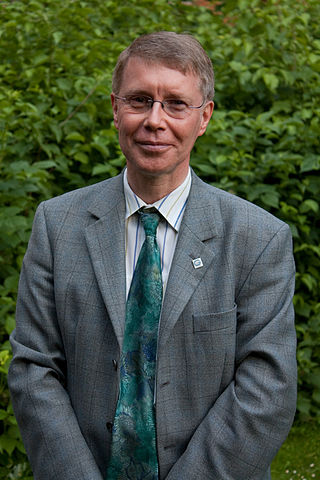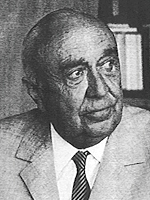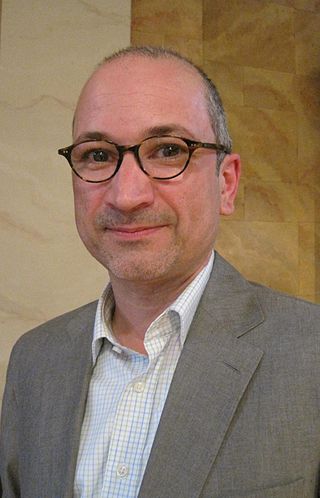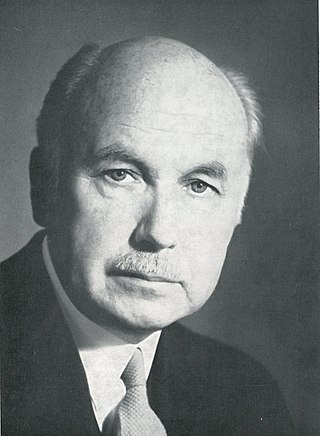
The Epistle to the Laodiceans is a letter of Paul the Apostle, the original existence of which is inferred from an instruction to the congregation in Colossae to send their letter to the believing community in Laodicea, and likewise obtain a copy of the letter "from Laodicea".
And when this letter has been read to you, see that it is also read before the church at Laodicea, and that you yourselves read the letter which will be forwarded from there.
Johann Heinrich Joseph Düntzer was a German philologist and historian of literature.

Gustav Benjamin Schwab was a German writer, pastor and publisher.

Bart Denton Ehrman is an American New Testament scholar focusing on textual criticism of the New Testament, the historical Jesus, and the origins and development of early Christianity. He has written and edited 30 books, including three college textbooks. He has also authored six New York Times bestsellers. He is the James A. Gray Distinguished Professor of Religious Studies at the University of North Carolina at Chapel Hill.

Heinz-Günther Nesselrath is a German philologist.

Max Herrmann was a German literary historian and theorist of theatre studies. He is considered to be the founding father of theatre studies in Germany.

Friedrich Siegmund-Schultze was a German academic working in theology, social pedagogy and social ethics, as well as a pioneer of peace movements.
Wolfgang Schadewaldt was a German classical philologist working mostly in the field of Greek philology and a translator. He also was a professor of University of Tübingen and University of Freiburg.

Friedrich Maurer was a German philologist who specialized in Germanic studies.

Steffen Martus is a German literary scholar and Professor of Modern German Literature at Humboldt University in Berlin.
Christoph von Blumröder is a German musicologist.
Arnold Jacobshagen is a German musicologist. He has been teaching at the Hochschule für Musik und Tanz Köln since 2006.
Michael Heinemann is a German musicologist and university professor.
Jobst Peter Fricke is a German musicologist and professor at the musicological institute of the University of Cologne.
Max Kaser was a German professor of Jurisprudence who taught successively at the universities of Münster, Hamburg and Salzburg. The principal focus of his scholarship and teaching was on Roman law. He became a member of a number of learned societies. In addition, between 1958 and 1992 he was awarded honorary doctorates by no fewer than ten different universities on three different continents. An eleventh honorary doctorate, from the Jurisprudence faculty at the University of Regensburg, was awarded only posthumously, however, in 1999).

Paul Luchtenberg (1890–1973) was a German cultural scientist, educator and politician for the Free Democratic Party, as well as Culture Minister for North Rhine-Westphalia.
Theodor Friedrich Wilhelm Willi Kahl was a German musicologist.
Liselotte Dieckmann was a German-American art historian and scholar of comparative literature.

Eugen Fehrle was a German philologist who specialized in classical and Germanic philology.
Bruno Steimer is a German historian of Christianity, especially early Christianity in the Roman era.









